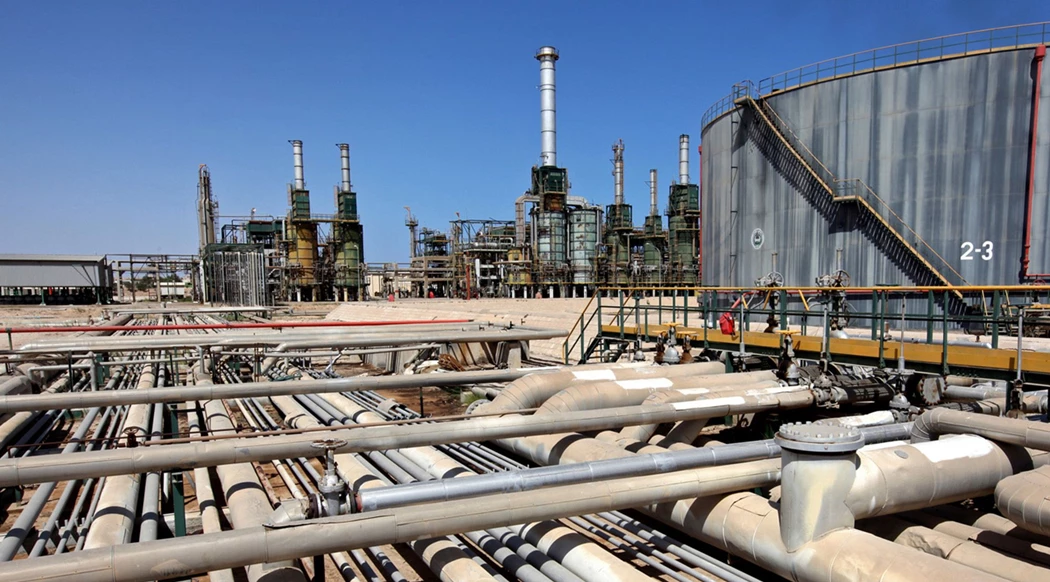Libyan Government Appoints New Head of State Oil Firm
(Bloomberg) -- The Libyan government in Tripoli said it has replaced the head of the state-run oil company, adding uncertainty to crude production in a country that has seen its energy sector battered by civil strife.
An armed group raided the headquarters of the National Oil Corp. early Thursday. Farhat bin Qadara is now the company’s chairman, replacing Mustafa Sanalla, according to officials in Tripoli.
Sanalla, who has led the NOC since 2014, is no longer inside the NOC’s headquarters, according to two people with knowledge of the matter. He couldn’t immediately be reached for comment.
Libya, a member of the Organization of Petroleum Exporting Countries, has seen its production plummet in recent months amid a power struggle between rival governments and chronic under-investment in infrastructure. Oil exports have fallen to a fraction of their normal volumes as Libya’s main oil ports were forced into stop-start operations.
The western-based government in Tripoli has repeatedly called for Sanalla’s resignation, and has tried and failed to unseat him at least once over the past year. The rival government is further east, in the city of Sirte.
In a video statement posted on the NOC’s Facebook page overnight, Sanalla said he wouldn’t step aside despite a government order calling for his removal, since Libya was due to elect a new government last December. Libya’s elections were delayed and no new date has been set.
Standing outside the company’s headquarters on Thursday, Bin Qadara said he would work to restore Libya’s oil and gas output, adding that there would be “good news” on the country’s oil ports within a week. The company will honor all agreements and contracts signed with foreign oil partners, he said.
The stand-off could further destabilize Libya’s energy sector. Protesters calling for the ouster of Prime Minister Abdul Hamid Dbeibah have forced the NOC to shut several oil fields and ports since mid-April. That’s caused the country’s crude production to slump by roughly 50% to 600,000 barrels a day, exacerbating a supply shortage in global markets.
Sanalla has sought to keep the NOC out of the political fray and has effectively run the oil sector for years, including signing deals with international companies and representing Libya at OPEC meetings.
(Updates throughout.)
More stories like this are available on bloomberg.com
©2022 Bloomberg L.P.





